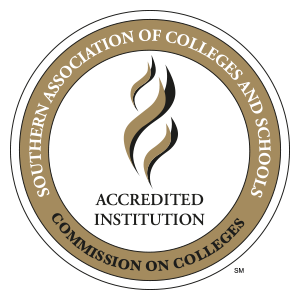Paramedic Degree Overview
The Associate of Applied Science in Emergency Medical Services (EMS) program is designed to prepare students for roles in emergency medical response. The curriculum combines classroom instruction with hands-on training to develop skills in patient assessment, life support, and safe transport to healthcare facilities.
Upon successful completion of the program, graduates may be eligible to take the certification exam administered by the National Registry of Emergency Medical Technicians (NREMT), subject to meeting exam eligibility requirements.
Paramedics are often the first medical personnel to provide care in emergency situations. They work as part of a coordinated medical response team, using their knowledge of human body systems and life-support techniques to address diverse patient needs. The program emphasizes critical thinking, teamwork, and effective communication in high-pressure scenarios.
This program requires 555 hours of classroom and lab instruction and 270 hours of in-hospital clinical work. With ECPI University’s year-round accelerated scheduling, you could earn your Associate of Applied Science in EMS in as little as 18 months.



 ECPI University is accredited by the Southern Association of Colleges and Schools Commission on Colleges (SACSCOC) to award associate, baccalaureate, and master’s degrees. ECPI University also offers credentials such as certificates and diplomas at approved degree levels.
ECPI University is accredited by the Southern Association of Colleges and Schools Commission on Colleges (SACSCOC) to award associate, baccalaureate, and master’s degrees. ECPI University also offers credentials such as certificates and diplomas at approved degree levels.
